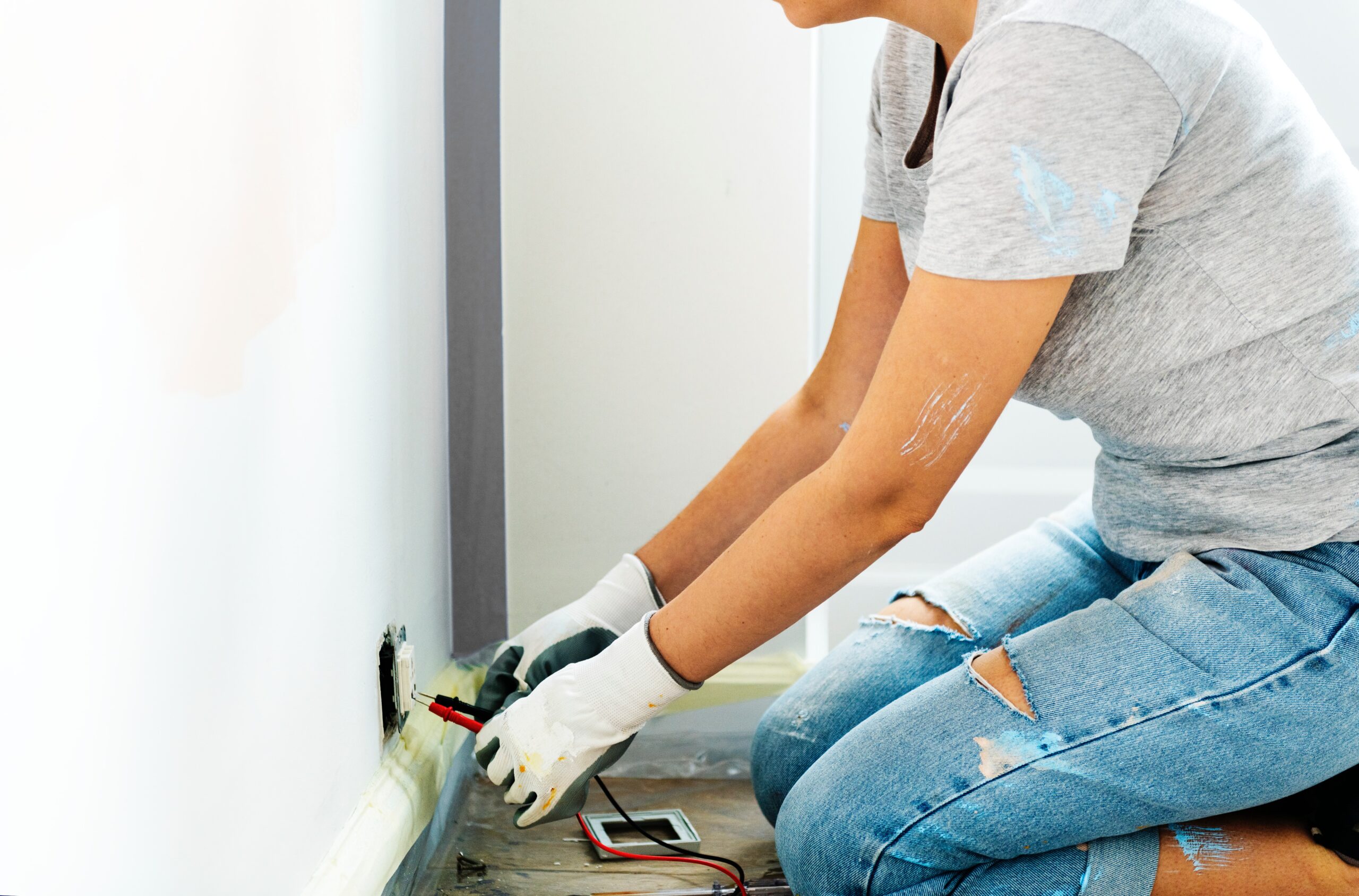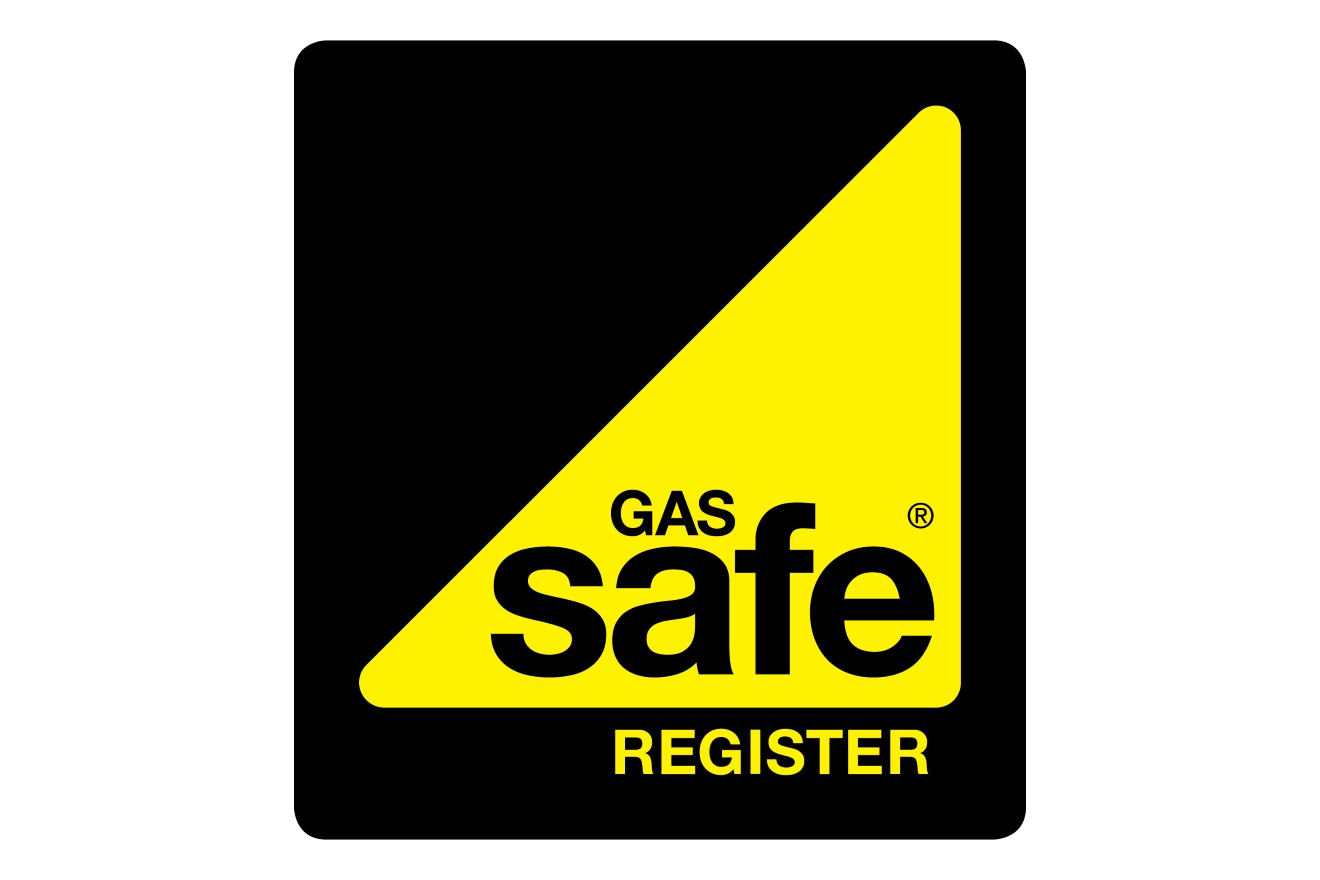What is an EICR (Electrical Installation Condition Report)?
An Electrical Installation Condition Report (EICR) is an inspection to test the safety of the electrical circuits in a building.
Any electrical installation should always be covered by an up-to-date EICR, or periodic inspection report. An Electrical Installation Condition Report is not always a strict legal requirement, however it fulfils the conditions of laws such as the Electricity at Work Act 1989.
An EICR is vital to ensure safety and compliance. Without an EICR, landlords can be held responsible for electricity-related injuries or deaths.
What does an EICR cover?

During an EICR, the fuse board, wiring and electrical accessories are inspected and tested for faults or deviations from the Wiring Standards. Throughout the test, the following will be checked:
- Adequacy of earthing and bonding
- Fire/electric shock protection devices
- Any damage or wear & tear that might affect the safety of building users
- Identification of any damaged electrical fittings/accessories
- Identification of exposed live wires that could cause a fire or injury
Only a skilled and competent registered electrician should carry out an EICR.
How often does an EICR need to be carried out?
BS7671 (17th Edition Wiring Regulations) recommends homeowners carry out an EICR at least every 10 years in domestic properties. It is also important to have one done if you are moving out or into a new home. Your insurance may require one – or if you suspect your current electrics are old or faulty, it’s a worthwhile check. The only exception to this is if the property has a swimming pool – this should ideally be tested once every year.
Under the Landlord and Tenants Act (1985), landlords must ensure that the electrical installation in a rented property is maintained safely throughout a tenancy. To ensure this, BS7671 recommend an EICR test at change of tenancy or at least every 5 years. We also recommend annual PAT testing.
Whilst it is not a legal requirement for a business to have an EICR, employers are legally responsible for the welfare of employees. Under the 1974 Health and Safety at Work Act and the Electricity at Work Act 1989, employers must take precautions against the risk of injury from electricity used as part of work activities. BS7671 recommends an EICR be carried out at least every 5 years.
How much does an EICR cost?
BS7671 gives guidance on testing and sample testing in particular. In larger installations, it is legally acceptable to just test a small sample of the final circuits. Lighting and socket circuits, for example, are final circuits. We wouldn’t recommend this, as it can give a misleading view of an installation.
To obtain the true price of your EICR, ask each electrical contractor for the number of circuits they will test. This is the figure to factor into your cost comparison.
Also, unscrupulous contractors sometimes price an EICR at a loss on the basis that they will inflate the costs of the remedial works to make up for the initial low cost of the test. Unfortunately, it can be very difficult to quote for remedial works from another contractor’s test certificate. Beware of prices that seem too good to be true!
A typical Electrical Installation Condition Report could start from something like £280 + VAT for six circuits, with additional circuits charged at around £20 per circuit. A typical three bedroom property will take around four hours to complete.
Electrical checks I can carry out myself
 Finally, we’re not advocating you taking your fuseboard apart and having a fiddle round with a screwdriver. However, there are several easy tests you can do yourself. Here are a number of risk-free visual checks you can carry out at home:
Finally, we’re not advocating you taking your fuseboard apart and having a fiddle round with a screwdriver. However, there are several easy tests you can do yourself. Here are a number of risk-free visual checks you can carry out at home:
- Ensure your extension leads are being used correctly – not in sequence
- Check wires for frayed sections, exposed metal core and areas which are vulnerable to damage
- Check sockets and light switches for any cracks, discolouration or burn marks
- Ensure that electrics in your bathroom are situated at least 3 metres from water appliances
- Test your RCD by pressing the “test” button. All the appliances protected by the RCD should switch off – if they don’t, call an electrician
Most importantly, ensure your property is maintained at an appropriate schedule, by a qualified, NICEIC-approved electrician.



